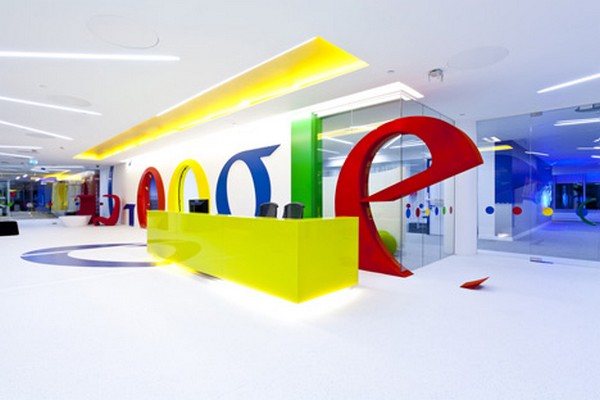Job interviews are arguably the most beloved employee selection tool. They are so widely used that interviews are synonymous with the hiring process. However, most job interviews are unstructured and prove to be unreliable and ineffective. That is, they fail to predict actual employee performance.
Learn more: Your complete guide to Psychometric Assessments
Why Google says no to job interviews
Google was well known for the trickiest questions you could ever imagine encountering in a job interview. Such questions aimed to test how well interviewees could tackle complex problems on the spot. These included brainteasers such as thinking of ways to find a needle in a haystack or estimating the number of tennis balls that can fit into a plane. They were supposed to help Google choose the brightest people in Silicon Valley.
However, along with a culture of data-driven decision making, Google has the immense analytics capabilities necessary to discover the true effectiveness of job interviews. In the summer of 2006, Google did a comprehensive study to determine whether their current hiring methods could accurately predict actual performance.[1]
Google required every employee to fill out a 300-question survey. They looked at thousands of job interviews over the years, compared how the employees performed in their interviews and how they subsequently performed in their jobs. They also assessed the managers who had done the interviews. Surprisingly, they found no relationship between interview performance and on-the-job performance.
In an interview with the New York Times, Laszlo Bock, vice president of people operations at Google, called it “a complete random mess”. He also admitted that brainteasers are useless and only good for making the interviewers feel smart.

“Interviews are a terrible predictor of performance,” Bock said. That is, they are unreliable in terms of hiring the right people.
Google discovered that none of their managers was good at using interviews to select the right employees. The only exception was an expert who interviewed candidates for a highly specialised skill set.
Laszlo’s remark points out one major issue of unstructured job interviews—they are more about the interviewers than interviewees. In other words, they are less of a tool to select the right candidates and more of a way for hiring managers to stay in their comfort zone and strengthen their biases.
When we mention biases, we do not mean the hiring managers intentionally favour certain candidates over others. We are talking about human cognitive biases that hinder the ability to make fair and accurate judgements.
Please refer to our previous blog to understand how cognitive biases can make job interviews unreliable.
This blog is a part of the whitepaper "The Interview addiction". Please click the link below to download the full whitepaper.
[1] Source: http://www.theatlantic.com/business/archive/2016/04/the-science-of-smart-hiring/477561
 English
English  Vietnamese
Vietnamese 


